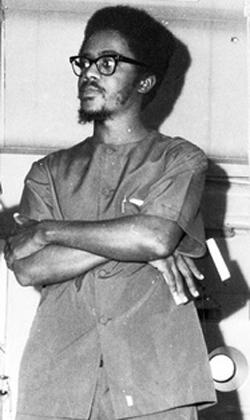Loyalties: An Interdisciplinary Seminar on British Communism.
The question of dual or contested loyalties has been a constant theme in the history of British communism. Much of existing research has centred on the political allegiances of communists who have occupied positions of influence in the military, or have been involved in espionage. Research in this field has been enriched by the availability of MI5 files, Soviet archives and personal memoir. However, the question of the loyalties of British communists has a much wider scope and significance, encompassing the dilemmas of intellectuals, changing personal and political identities and the balance between trade union activism and political priorities. In the background have often been tensions between the freedom of the artist and writer and their political commitments, the internationalist and anti-fascist allegiances in the context of war and pacifism, and the effects of the Cold War on work and family life.
Given the breadth of the loyalties question, this one day seminar, funded by The Open University’s Centre for Citizenship, Identities and Governance, was conceived with the idea of pushing out the boundaries of research to bring together historians, political scientists, intelligence experts and those working on biographical studies and life-writing. The seminar is intended to be a starting-point for further research and will focus initially on three main areas:
War, intelligence and espionage
British communists and Spain in the 1930s
Writers, intellectuals, artists.
The emphasis will be on short 10-15 minute contributions to maximise the time available. In addition to these three themes the two plenaries at the beginning and end of the day are intended to discuss further research opportunities.
Date: Friday 18 November. 9.30-16.00
Venue, Kellogg College, 62 Banbury Road, Oxford OX2 6PN
For further details and to register please contact Dr Geoff Andrews: geoff.andrews@open.ac.uk
